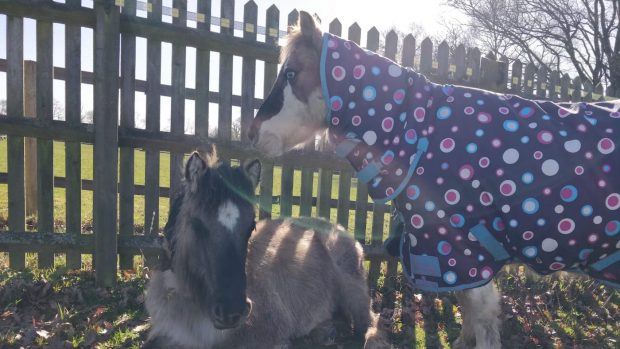Dr Derek Knottenbelt, head of the University of Liverpool’s veterinary clinical science division, is calling for horse owners to help raise funds to find a diagnostic test for ragwort poisoning or he will be forced stop his research.
Dr Knottenbelt has already developed an initialblood test that detects the levels of toxins generated from eating ragwort in the blood, but now needs vital funds to further his research. He estimates that it will take another two years of work to research and validate his findings before a successful test can be produced.
“After nearly six years work I am tired and very disappointed,” says Dr Knottenbelt. “I feel I have gone beyond the call of duty. Put quite simply if I don’t raise the money needed to carry on my work, I will take it as far as I can and then pull the plug on the whole thing.”
According to Dr Knottenbelt he needs to raise £70,000 within the next six months or six years of research will be wasted.
“All I need from every horse owner is 10p – if theyown two horses then it’s just 20p and that would be enough to allow me to further my research and stop horses dying needlessly.”
How it all started
Dr Knottenbelt’s research into ragwort was first prompted by a Shetland pony thatwas brought in by his owners with severe respiratory problems.
“The family were devastated when I told them there was simply nothing I could do and that he would have to be put down. It made me very angry, if it had been anything else otherthan ragwort poisoning then I would have done everything I could to save him – but I couldn’t.
“What people don’t realise is that poisoning by ragwort is degenerative and additive, once an animal is in the latter stages and more than 75% of the liver has been damaged there nothing, absolutely nothing that can be done to save them.”
While Dr Knottenbelt makes one last-ditch effort to raise much-needed funds, he is quick to acknowledge the support of other horse owners.
“Some people have been fantastic and I have been greatly flattered by the efforts of these people – but all those who don’t help and are just waiting for your horse to be poisoned then fine.”
To support Dr Knottenbelt’s research programme send a cheque made payable to University of Liverpool (ragwort) to Dr Knottenbelt, University of Liverpool, Leahurst, Neston, South Wirral CH64 7TE.



